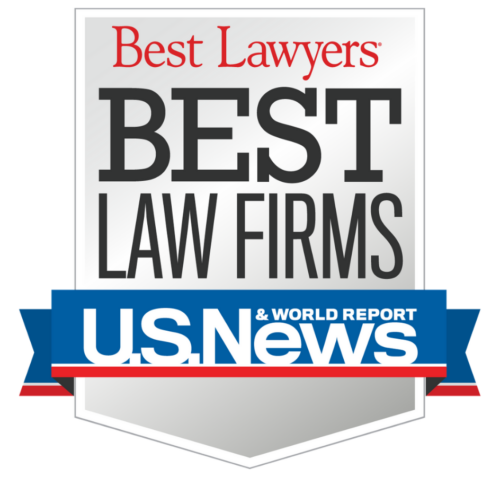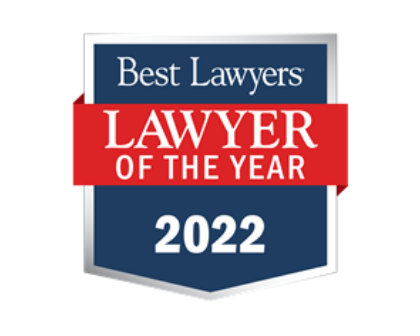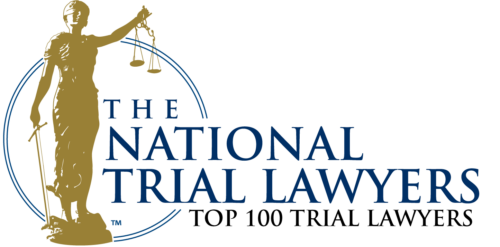Slip and fall injuries refer to injuries that occur when a person slips or trips on another person’s property. Slip and fall injuries can cause severe harm and often occur because a landlord failed to maintain their property. Accordingly, you may sue a landlord for a slip and fall injury in Pennsylvania.
There are many circumstances under which you can sue a landlord for slip and fall injuries. If a landlord owns a property and is responsible for maintaining that area, they are responsible for injuries that occur when they do not properly maintain it. These types of accidents injuries commonly occur in common areas such as hallways, laundry rooms, parking lots, and elevators. Our experienced Pennsylvania slip and fall lawyers can assist tenants when determining if their landlord is liable for a slip and fall injury.
If you were injured in a slip and fall injury, get help from our Philadelphia slip and fall lawyers by calling The Reiff Law Firm at (215) 709-6940 for a free case review.
When Landlords Are Liable for Slip and Fall Injuries in Pennsylvania
Pennsylvania landlords can be held liable for slip and fall injuries in some cases but not in others. Certain elements must be met in order for a premises liability lawsuit against a landlord to succeed. Our Hershey, PA slip and fall lawyers can meet with victims of slip and fall injuries to help determine if they have a valid case against a landlord.
The courts will consider the following factors when determining if a landlord is liable for a slip and fall injury in Pennsylvania:
The Lease States the Landlord is Liable
If a tenant is injured in a slip and fall injury in Pennsylvania, the terms and conditions of their lease may help determine whether their landlord will be liable for the injury. Lease agreements are often very detailed, and the details may dictate who is responsible for problems such as slip and fall injuries.
For instance, a lease may outline who is responsible for the maintenance of a property. If a landlord is deemed responsible for maintenance in a certain area of the property and a lack of maintenance causes the injury, the landlord can be held liable. These injuries frequently occur in common areas such as hallways, parking lots, and elevators.
On the contrary, a lease may state that a tenant is responsible for maintenance in certain areas, e.g., within their unit. In such cases, the landlord cannot be held liable for a slip and fall injury caused by a lack of maintenance in that location. Our Chester, PA slip and fall lawyers can review leases for tenants to determine whether their landlord can be held liable for a slip and fall injury.
The Landlord Retains Possession of the Property
Sometimes, a lease will designate responsibilities regarding property maintenance. If a lease does not make any such designation, landlords can be held liable for failing to maintain properties under their possession. Pennsylvania landlords that are deemed to be in possession of a property are those that retain control over a portion of the rented property. An example of a landlord in possession is one who owns a large apartment complex. Landlords of large apartment complexes are deemed to be in control of common areas such as stairways, hallways, parking lots, basements, swimming pools, etc. Landlords for apartment complexes are required to keep these areas in a reasonably safe condition. Tenants who are injured because their landlord in possession failed to maintain a common area may be able to recover for their injuries.
Furthermore, landlords in possession can be held liable for injuries suffered by their tenant’s guest or visitor. If a tenant’s guest is injured because their landlord failed to maintain a common area, the landlord may be responsible for the guest’s injuries. Tenants and guests who suffer slip and fall injuries at apartment complexes should contact our Pennsylvania slip and fall lawyers for a free review of their potential case.
The Landlord Does Not Retain Possession of the Property
In cases where a landlord is not in possession of a property in Pennsylvania, the duty to maintain the premises can fall on the tenants. You may not recover damages from landlords because of a slip and fall injury in cases where the lease did not designate maintenance duties and the landlord was not in possession of the property. Landlords who retain no control over their property are deemed to be out of possession. An example of an out of possession landlord is one who rents a single-family home to a tenant. These types of landlords do not retain control over their rental property. Accordingly, tenants who occupy a single-family home and whose lease agreement does not require their landlord to maintain the property may not recover damages stemming from a slip and fall injury that occurred at their residence.
The Statute of Limitations on Suing a Landlord for Slip and Fall injuries in Pennsylvania
A statute of limitations places a time limit on a plaintiff’s time to file a lawsuit. In Pennsylvania, the statute of limitations for personal injury cases is two years.
This means that plaintiffs have two years from the time they were injured to sue someone for their injuries. Slip and fall cases are types of personal injury cases. Accordingly, those who wish to sue landlords for slip and fall injuries in Pennsylvania have two years from the date of their fall to file their case.
However, relevant evidence may become harder to collect over time. Witnesses forget crucial details and important documents can be lost. Victims should contact our Delaware County slip and fall lawyers to handle the filing of their case as quickly as possible.
If You Were Injured in A Slip and Fall Injury Because of A Landlord’s Negligence, Our Lawyers Can Help
If you experienced a slip and fall injury, seek assistance from our Media, PA slip and fall lawyers by calling the Reiff Law Firm at (215) 709-6940 for a free case review.
Related Posts
- What Happens if Someone Else Drives My Car and Gets in an Accident in Pennsylvania?
- An Amazon Driver Hit My Car in Pennsylvania is There Anything I Can Do?
- Take Safety Precautions When Using Gas Grills to Avoid Serious Injuries
- Believe it Or Not, Pellet and BB Guns Can Kill
- What Types of Insurance Cover Construction Injuries in Pennsylvania















